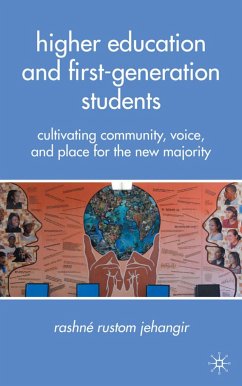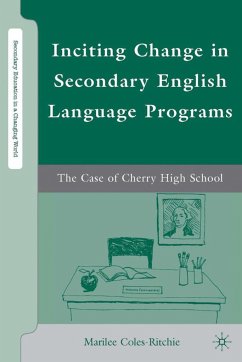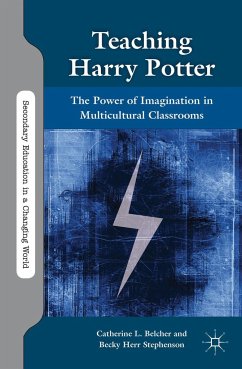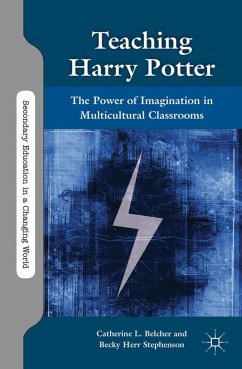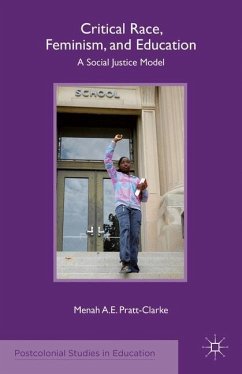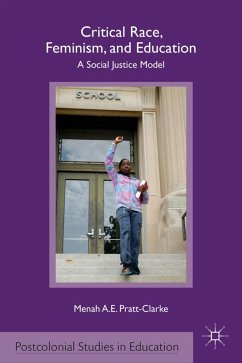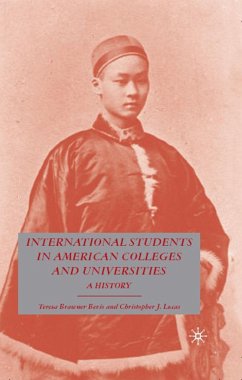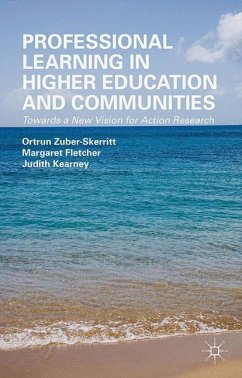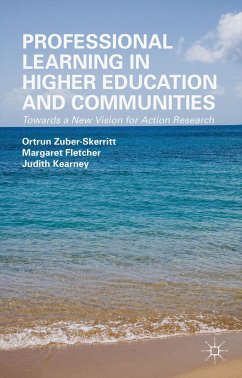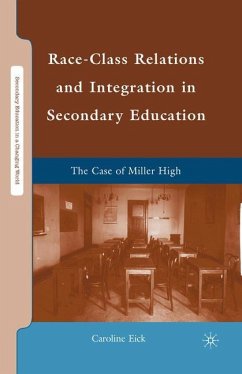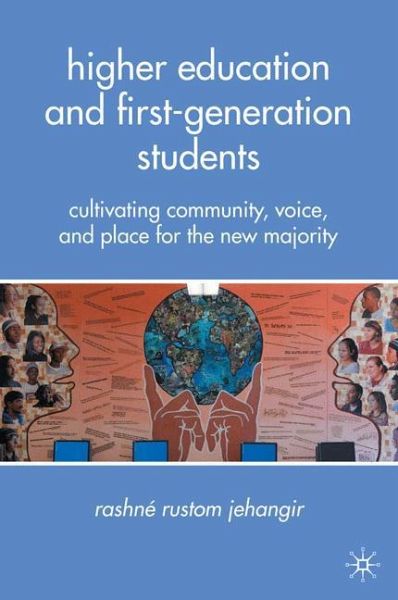
Higher Education and First-Generation Students
Cultivating Community, Voice, and Place for the New Majority
Versandkostenfrei!
Versandfertig in 6-10 Tagen
49,99 €
inkl. MwSt.
Weitere Ausgaben:

PAYBACK Punkte
25 °P sammeln!
Offers readers a rich understanding of the experience of students who are first in their family to attend college. This book is a theoretically informed study of the lived experience of FG students and draws on their voices to demonstrate how their insights interface with what we, as educators, think we know about them.





